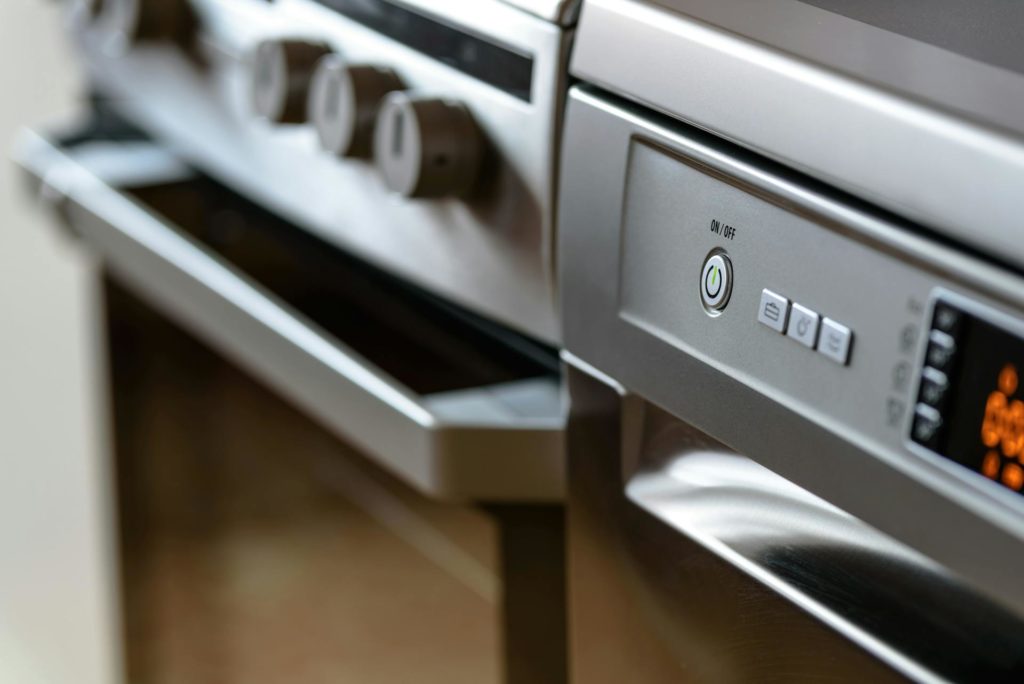
When it comes to buying appliances for your home, it’s easy to feel overwhelmed by the sheer variety of choices. There’s a lot to consider, from refrigerators to washing machines, and each appliance must suit your lifestyle and space. Picking the wrong one can lead to wasted money, energy inefficiency, and future frustration. Luckily, with a few thoughtful strategies, you can ensure you’re investing in the right appliances. Here’s a step-by-step guide to help you.
Table of Contents
Evaluate Your Specific Needs
Before heading to the store or browsing online, consider what you need from an appliance. Do you need a refrigerator with extra storage space for a large family, or would a smaller, energy-efficient model work best? A large-capacity washing machine may be essential if you’re doing laundry for several people. Your choice should always align with your household’s daily requirements. Appliances are long-term investments, so prioritize utility over features.
Measure Your Space
One of the most common mistakes homeowners make is choosing an appliance that doesn’t fit their available space. Always take accurate measurements of the space where the appliance will be placed. Don’t forget to account for extra space needed for ventilation, door swing, and connections for gas or electricity. This simple step can prevent the headache of returns!
Check for Energy Efficiency
Appliances are significant energy users in a household, and choosing energy-efficient models can save you money on utility bills in the long run. Look for the Energy Star label or similar certifications that indicate the appliance meets efficiency standards. Although these models may be more expensive upfront, the energy savings over time make them a smarter investment – and they’re better for the environment – obviously!
Consider Your Lifestyle
Your lifestyle has a big impact on the type of appliances you need. Investing in a high-end stove or double oven might make sense if you love cooking and often host gatherings. Alternatively, a basic, budget-friendly refrigerator may be more appropriate if you’re rarely at home. Consider how often you’ll use the appliance and what features will make your life easier rather than opting for the most expensive or trendy model.
Research Appliance Distributors
While major retailers often have enticing deals, distributors can sometimes lead to better products and pricing. Many distributors work directly with manufacturers, offering specialized models or bulk deals that big-box stores don’t carry. You may discover exclusive products or discounted prices by checking with reputable appliance distributors. Don’t hesitate to ask these distributors for expert advice; they can help ensure you get the best appliance for your situation.
Compare Brands and Reviews
Every brand has its strengths and weaknesses, and not all appliances are created equal. Take the time to compare different brands based on consumer reviews, expert ratings, and reliability reports. Read reviews from people who have used the appliance for some time to understand its long-term performance better. Websites like Consumer Reports or trusted online reviews can provide deeper insights into which brands stand out for quality, durability, and customer service.
Look at Warranty and Maintenance
Check the warranty coverage before purchasing! Standard warranties usually cover one to two years, but some manufacturers offer extended warranties for a higher price. Find out if you can purchase additional coverage for major repairs. Additionally, inquire about the maintenance services available through the distributor or retailer, especially for high-end models.
Plan for Future Needs
If you’re buying appliances with a long lifespan, consider how your needs may change over time. For example, if you plan on growing your family, you may need a larger refrigerator or washing machine in a few years. It’s wise to plan ahead so you won’t have to upgrade too soon. Similarly, if you’re considering selling your home, certain appliances, such as stainless steel models, can increase the home’s appeal and resale value.
Consider Connectivity and Smart Features
Smart home appliances have become increasingly popular, offering features that can make daily life more convenient. Many modern appliances have Wi-Fi connectivity, allowing you to control them remotely via your smartphone. For instance, you can preheat your oven while driving home from work or monitor your laundry from your phone.
While these features aren’t necessary for everyone, they can be useful depending on your lifestyle and are worth considering, especially if you’re tech-savvy.
Stay Within Your Budget
It’s easy to get carried away with fancy features and top-tier models, but setting a realistic budget for your appliance purchases is important. Always compare prices between different retailers and distributors to ensure you get the best deal. If you’re working with distributors, ask about financing options, seasonal sales, or clearance events. Remember, the goal is to buy an appliance that fits your needs without overextending your finances.
Conclusion
Choosing the right appliances for your home is about balancing your needs, long-term plans, and budget. By carefully evaluating what suits your lifestyle, considering energy efficiency, and working with reputable appliance distributors, you can make informed decisions that save you time, money, and stress. And you’ll have appliances that enhance your daily life!

